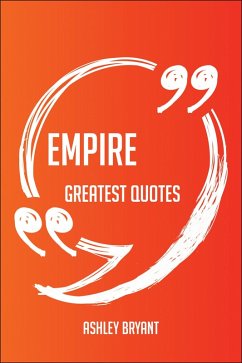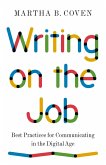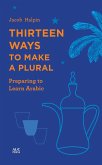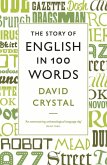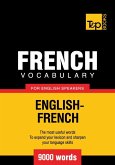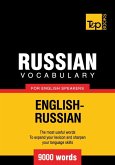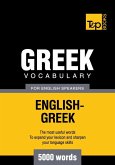What is the meaning of a word? Most readers turn to the dictionary for authoritative meanings and correct usage. But what is the source of authority in dictionaries? Some dictionaries employ panels of experts to fix meaning and prescribe usage, others rely on derivation through etymology. But perhaps no other dictionary has done more to standardize the English language than the formidable twenty-volume Oxford English Dictionary in its 1989 second edition. Yet this most Victorian of modern dictionaries derives its meaning by citing the earliest known usage of words and by demonstrating shades of meaning through an awesome database of over five million examples of usage in context. In this fascinating study, John Willinsky challenges the authority of this imperial dictionary, revealing many of its inherent prejudices and questioning the assumptions of its ongoing revision. "Clearly, the OED is no simple record of the language `as she is spoke,'" Willinsky writes. "It is a selective representation reflecting certain elusive ideas about the nature of the English language and people. Empire of Words reveals, by statistic and table, incident and anecdote, how serendipitous, judgmental, and telling a task editing a dictionary such as the OED can be."
Willinsky analyzes the favored citation records from the three editorial periods of the OED's compilation: the Victorian, imperial first edition; the modern supplement; and the contemporary second edition composed on an electronic database. He reveals shifts in linguistic authority: the original edition relied on English literature and, surprisingly, on translations, reference works, and journalism; the modern editions have shifted emphasis to American sources and periodicals while continuing to neglect women, workers, and other English-speaking countries.
Willinsky's dissection of dictionary entries exposes contradictions and ambiguities in the move from citation to definition. He points out that Shakespeare, the most frequently cited authority in the OED, often confounds the dictionary's simple sense of meaning with his wit and artfulness. He shows us how the most famous four-letter words in the language found their way through a belabored editorial process, sweating and grunting, into the supplement to the OED. Willinsky sheds considerable light on how the OED continues to shape the English language through the sometimes idiosyncratic, often biased selection of citations by hired readers and impassioned friends of the language.
Anyone who is fascinated with words and language will find Willinsky's tour through the OED a delightful and stimulating experience. No one who reads this book will ever feel quite the same about Murray's web of words.
Willinsky analyzes the favored citation records from the three editorial periods of the OED's compilation: the Victorian, imperial first edition; the modern supplement; and the contemporary second edition composed on an electronic database. He reveals shifts in linguistic authority: the original edition relied on English literature and, surprisingly, on translations, reference works, and journalism; the modern editions have shifted emphasis to American sources and periodicals while continuing to neglect women, workers, and other English-speaking countries.
Willinsky's dissection of dictionary entries exposes contradictions and ambiguities in the move from citation to definition. He points out that Shakespeare, the most frequently cited authority in the OED, often confounds the dictionary's simple sense of meaning with his wit and artfulness. He shows us how the most famous four-letter words in the language found their way through a belabored editorial process, sweating and grunting, into the supplement to the OED. Willinsky sheds considerable light on how the OED continues to shape the English language through the sometimes idiosyncratic, often biased selection of citations by hired readers and impassioned friends of the language.
Anyone who is fascinated with words and language will find Willinsky's tour through the OED a delightful and stimulating experience. No one who reads this book will ever feel quite the same about Murray's web of words.



